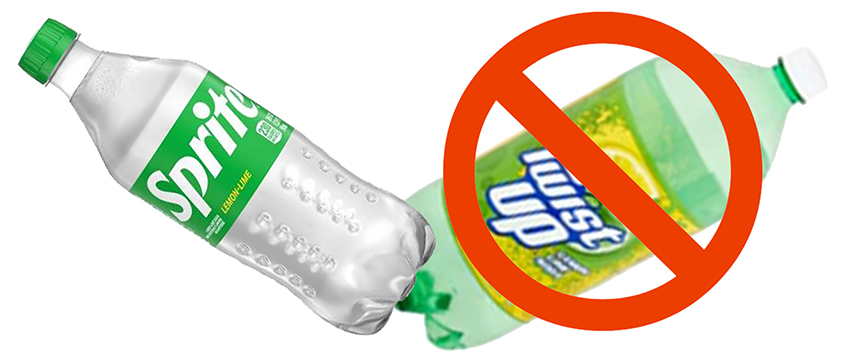By David Peel

In general, when we purchase insurance we insure ourselves against our own negligence.
There is seldom insurance coverage for what is clearly an intentional act.
The famous joke and movie scene where a young guy in a Corvette cuts off the older lady waiting to pull into a parking spot and says something like “that’s what it’s like when you’re young and fast. “ Then to watch her ram his Corvette and total it saying something like “that’s what it’s like when you’re old and well-insured “.
The fact is that here insurance would not pay in all likelihood for such an intentional act. As a result, the Corvette owner (who may have learned his lesson about being more kind) is still stuck with a totaled car. He would have to use his uninsured motorists coverage.
As a matter of fact, uninsured motorists (UM) can even cover in the event of you (or a household member) being a victim of road rage, an attempted shooting, or just about anything else connected to injury with a vehicle.
Also, I have so many wonderful Christian clients who feel badly about making a claim because they’re quick to say that the person “didn’t mean to” hit them in the rear, or run the stop sign, or cross the median.
Oddly enough, if they in fact had intended to ram you in the rear, there be very likely no coverage from them because you cannot insure yourself against your own intentional act. Once again UM coverage would come in to play.
Occasionally there is a difficult case regarding an intentional act but an unintentional result. One of these involves a line of famous cases that all lawyers have studied in law school. It created what is known as the “eggshell-skull plaintiff” cases.
Imagine a situation in which a man sneaks up and bops two different younger friends on the head intentionally, but meaning it only to be a prank or a joke.
One of the men simply stands up and chases him, no worse for the wear after the impact.
The other man however slumps down and goes into a seizure. The brain damage results in partial paralysis.
Unknown to the person bopping him in the head, he had a very weak, thin spot in his skull and even that slight impact shattered his skull in that area.
Now the hit was intentional, but clearly the effects were not. However, should he be held responsible for the damages that he caused from the intentional act?
Setting aside the idea of insurance for a minute would he be liable in general? The answer in most cases is yes. It stands for the principle that if you injure someone you “take them as you find them.“
A similar example is easier to understand when you think about an unintended damage from negligence. Let’s say someone begins to pull away from the stop sign and then suddenly hits the brakes, and you just for whatever reason don’t realize it and crumple into his trunk. Unbeknownst to you, he had a genuine Monet painting that he just inherited from his grandmother that he was bringing back from being appraised at 5 million dollars.
The painting is completely destroyed by your impact. In this case, neither the impact nor the results were intended. But again, with the eggshell school plaintiff principle in mind, you’re still responsible. Unfortunately, in this case your insurance would be limited to paying for the property damage under your liability coverage, which is often as low as $25,000.
How much coverage do you have? I recommend at least $100,000 if you can.
Peel seeks justice for those injured in tractor trailer and car accidents, medical malpractice, and disability. He often addresses churches, clubs and groups without charge. Peel may be reached through PeelLawFirm.com wherein other articles may be accessed.






